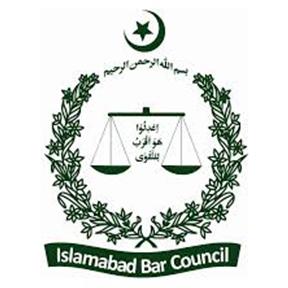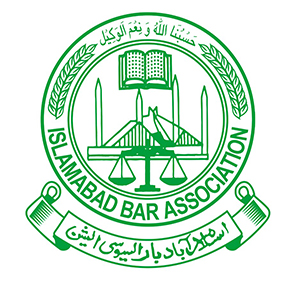Before you start, you must have applied to the First-tier Tribunal for permission to appeal. The First-tier Tribunal should have provided you with information about how to do so
The Upper Tribunal consists of specialist judges appointed by the King. Some are also judges in the courts, including the High Court.
Specific form is to be used for applying to the Upper Tribunal for permission to appeal against a decision of a First-tier Tribunal, when that Tribunal has refused the application. It should also be used for appealing to the Upper Tribunal if the First-tier Tribunal has already granted permission to appeal.
You can only appeal if the First-tier Tribunal decision was wrong on one or more points of law. You should explain clearly what the error of law the First-tier Tribunal made.
Errors/mistakes of law are that the tribunal:
- did not apply the correct law or wrongly interpreted the law
- had no evidence, or not enough evidence, to support its decision
- did not give adequate reasons (in the written statement of its reasons)
This list is not exhaustive and the First-tier Tribunal’s decision may be wrong in law for some other reason. You should explain in as much detail as possible why the decision in your particular case is wrong in law. If you are unsure whether the tribunal was wrong in law you may wish to consult an adviser but you should not miss the one-month time limit for sending in your application form.
If the First-tier Tribunal granted you permission to appeal on limited grounds and you are now appealing please state whether you also wish to apply for permission on additional grounds and complete Part H as appropriate.
You must also indicate what result you are seeking.
The information you give on form will be treated as your main submission on the appeal (even if you are now only applying for permission to appeal). Therefore, it is important that you provide all your reasons for applying in a short clear submission.
You may use a separate piece of paper if you wish, but make sure it has your full name and First-tier Tribunal reference number on it and is sent with the form
You must enclose the documents listed at the end of the form. Otherwise, your application or appeal may be delay and may not be admitted.
Delayed Appeal:
You should have applied to the First-tier Tribunal for permission to appeal within 28 days of the written reasons for its decision being issued, (or within 28 days of notification of amended reasons for or correction of its decision following review, or refusal of an application to set aside which was made in time).
Your application or appeal to the Upper Tribunal must be made so that it is received no later than one month after the date the First-tier Tribunal sent you notice of the refusal or grant of permission to appeal or the refusal to admit your application.
If your application or appeal to the Upper Tribunal is late, you must show a good reason for the Upper Tribunal to accept your application or appeal.
If the First-tier Tribunal did not admit your application for permission to appeal because it was late it will only be admitted if the Upper Tribunal considers that it is in the interests of justice to do so. In any event you must explain the delay.
The Upper Tribunal may take into account the length of the delay, and other matters such as the amount of money at stake, the potential importance of the case, so you can also mention these as reasons. Use the box provided on the form or a separate sheet of paper if necessary. If you use a separate piece of paper, make sure it has your name and the First-tier Tribunal reference number on it.
Our immigration lawyer has proven track record of successful determinations/appeals, some of successful determination/decisions are uploaded on www.qazilawassociates.com.
If you are aggrieved from the impugned decision of the FTT resulting in refusal of your appeal and you have been given right of appeal before UTT, contact us for professional consultation and handling of appeal with UTT, UK until its final outcome/decision as your authorized representative.
If you have any questions or need further information, please do not hesitate to schedule of appointment for free consultation session.








